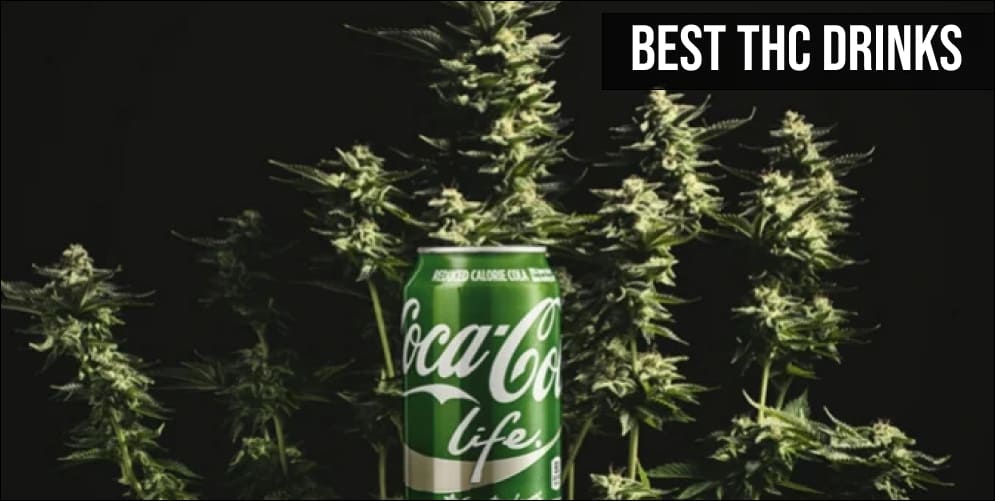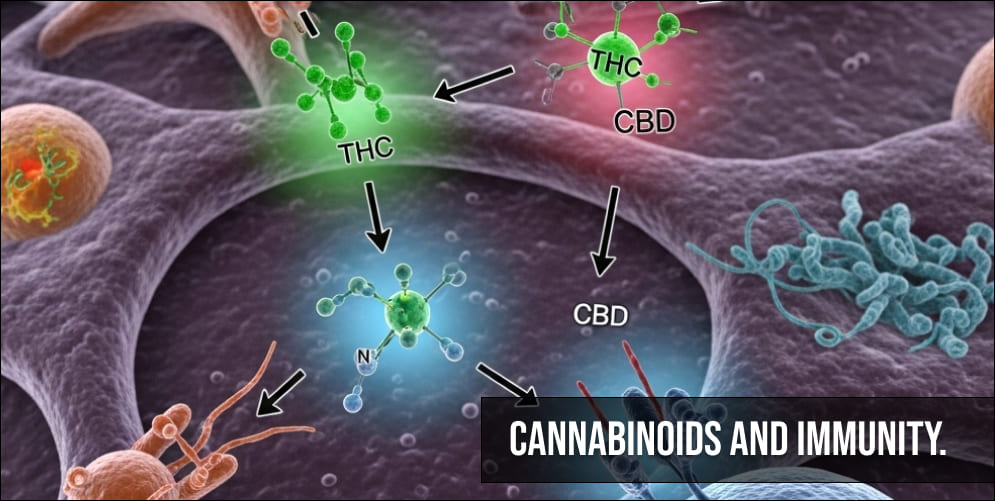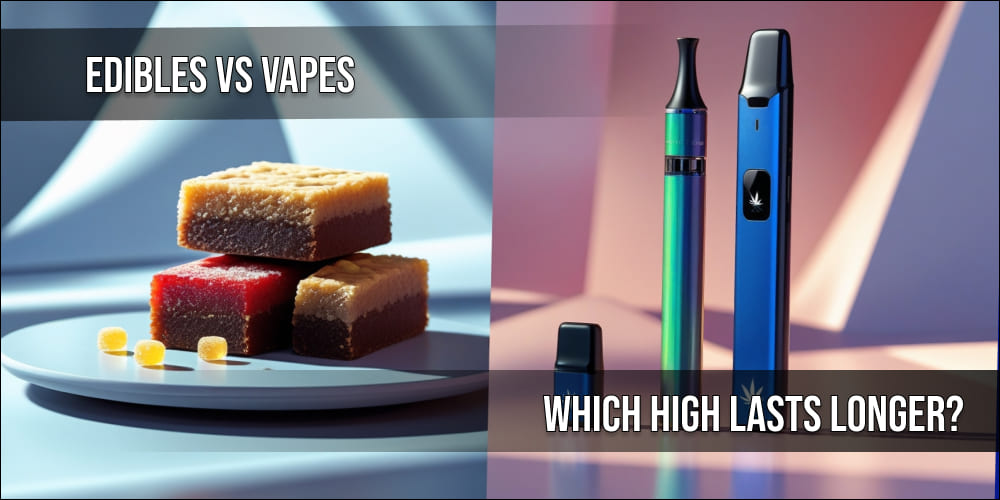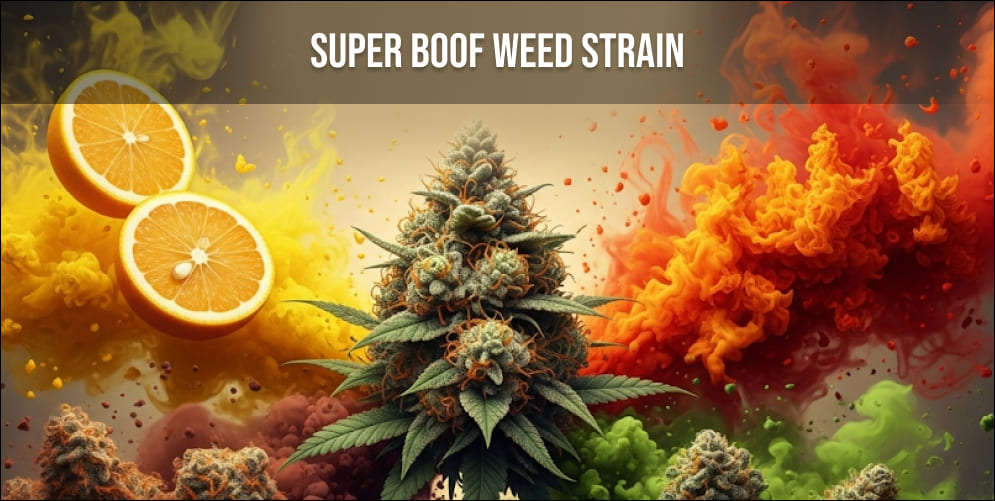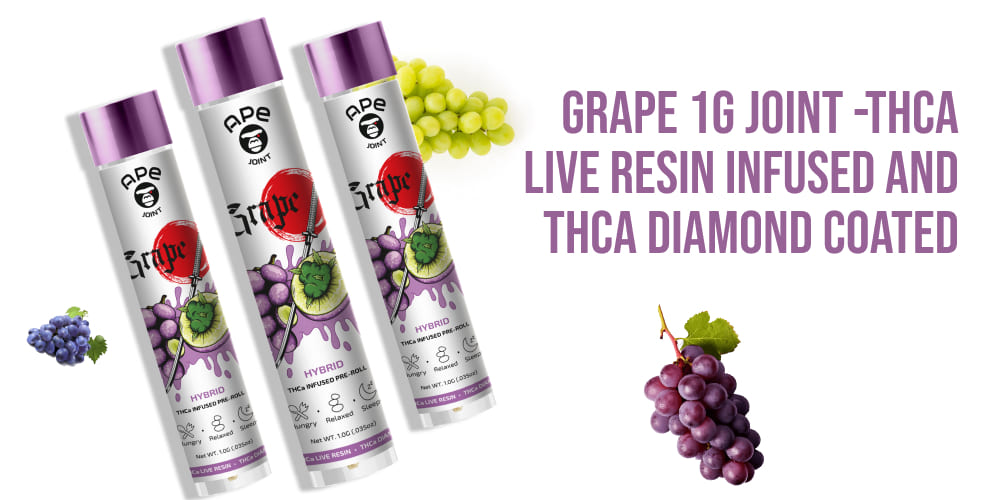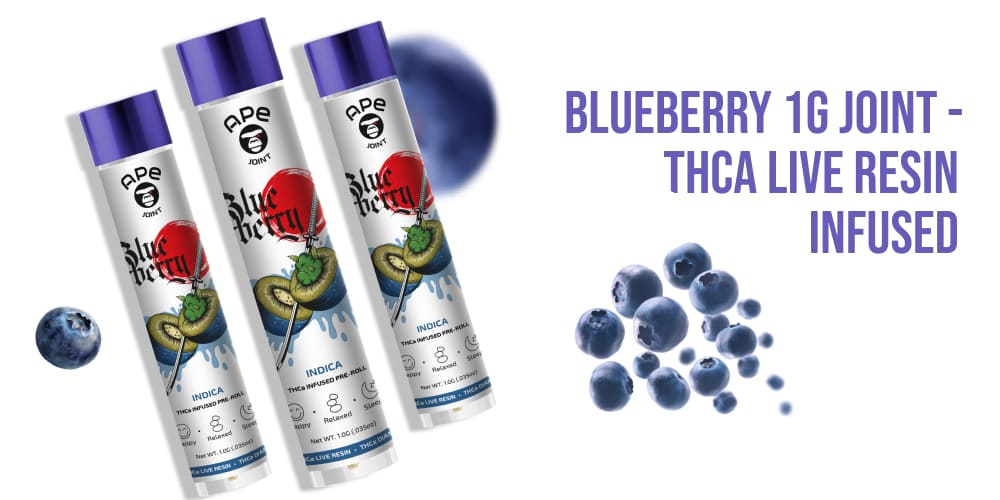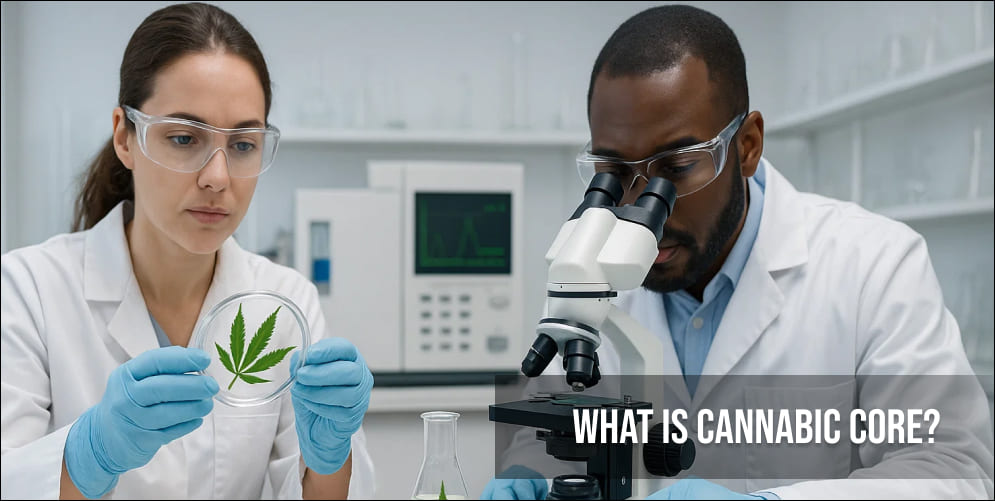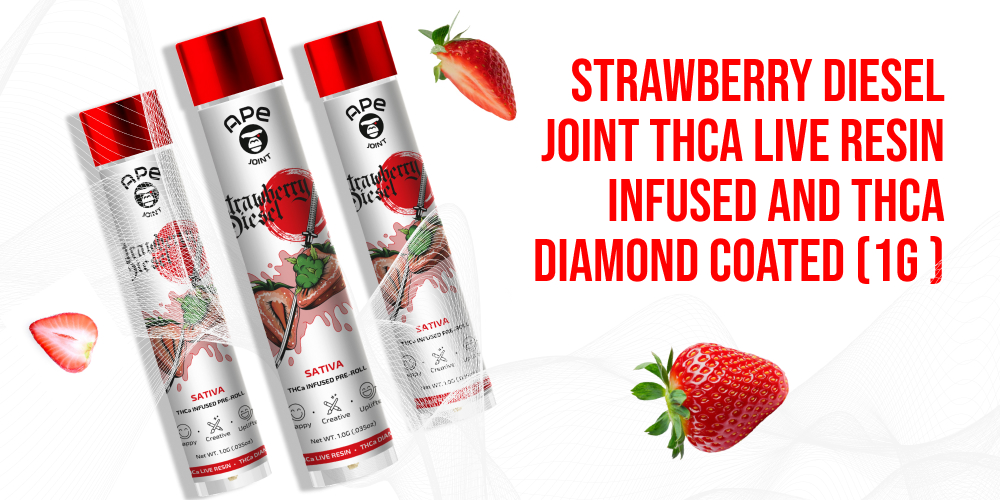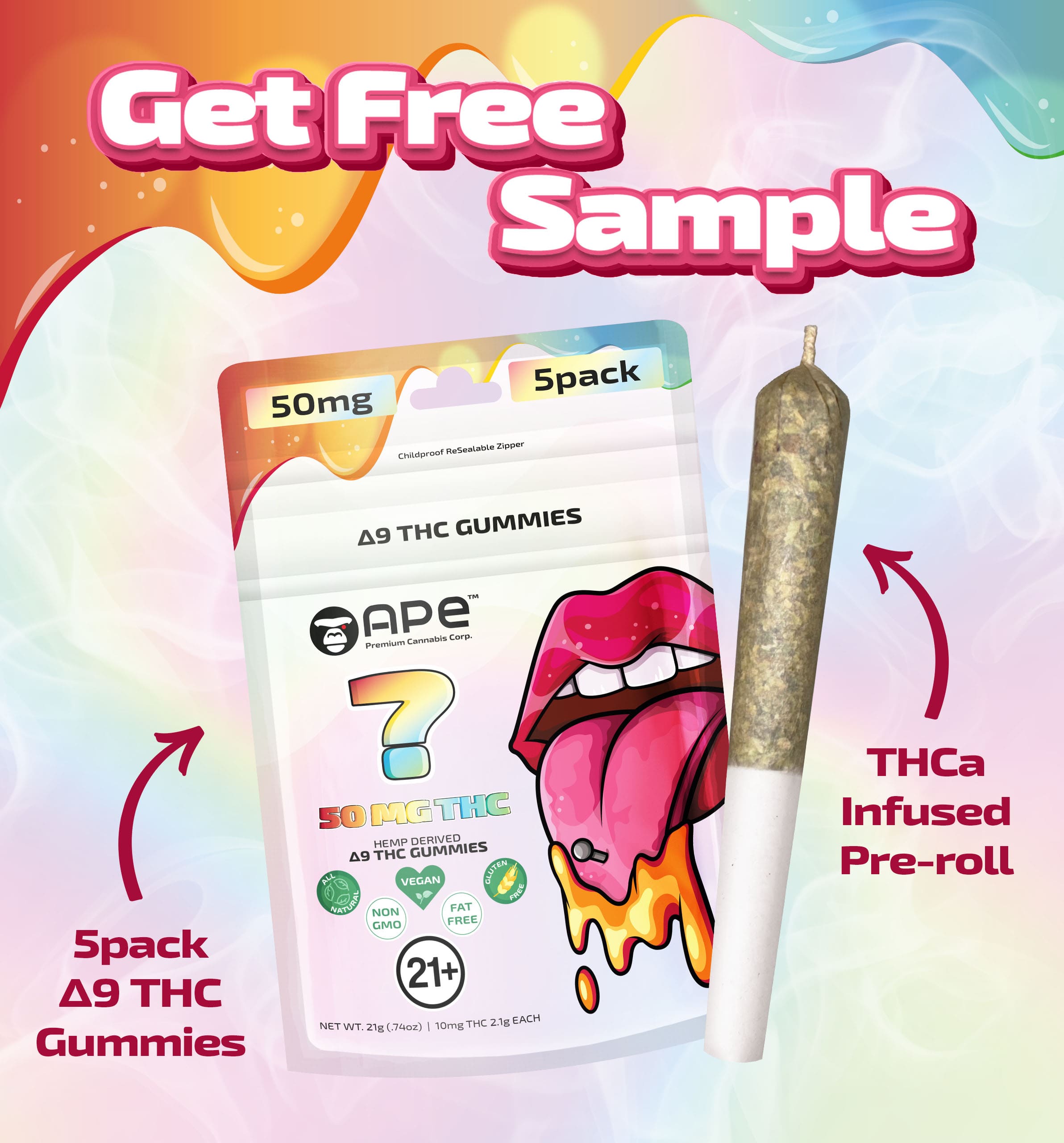7 Reasons Why Cannabis Is Safer Than Alcohol
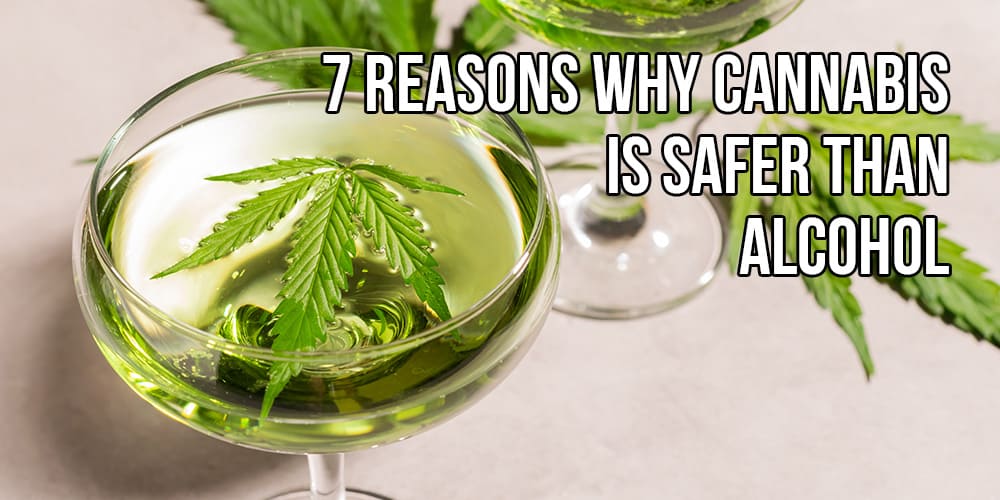
In recent years, there has been a growing discussion about the relative safety of cannabis compared to alcohol, particularly focusing on why cannabis is safer than alcohol. As more states and countries legalize or decriminalize cannabis, it’s important to understand the nuances of this debate. While both substances have their risks and should be used responsibly, emerging research suggests that, in several key aspects, cannabis may be safer than alcohol.
Comparing the Safety of Cannabis and Alcohol
The debate around the safety of cannabis versus alcohol is not just a matter of public health but also touches on legal, social, and cultural issues. For decades, alcohol has been socially and legally accepted in most parts of the world, while cannabis has faced widespread prohibition. However, this trend is changing as scientific understanding evolves and societal attitudes shift.
To better understand the differences between these two substances, let’s examine several key aspects:
1. Risk of Overdose
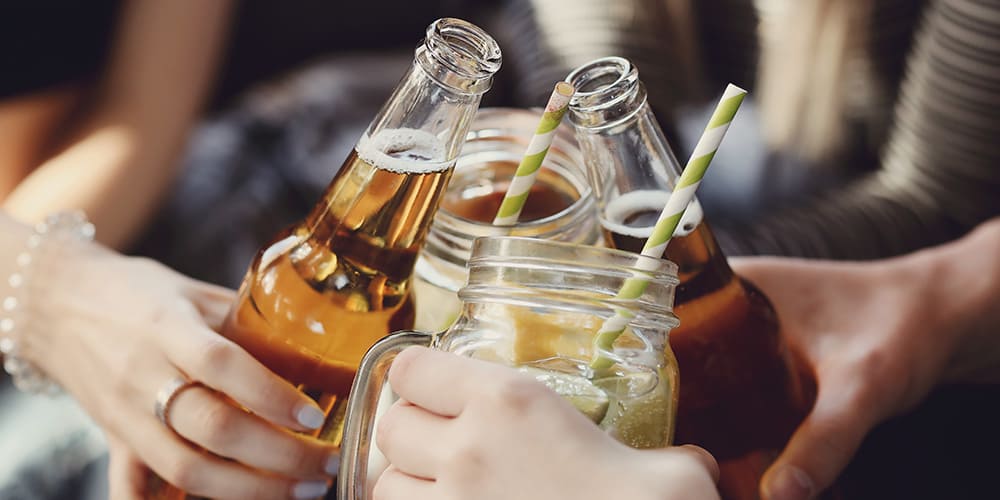
- Alcohol:Alcohol overdoses, often referred to as alcohol poisoning, can be fatal. The Centers for Disease Control and Prevention reports: thousands of alcohol poisoning deaths in the United States each year. Alcohol overdose occurs when there is so much alcohol in the bloodstream that areas of the brain controlling basic life-support functions such as breathing, heart rate, and temperature control begin to shut down.
- Cannabis: Conversely, fatal cannabis overdoses are virtually unheard of. According to the Drug Enforcement Administration, there have been no reported cases of death from a cannabis overdose. The primary psychoactive component of cannabis, THC, does not affect the brainstem areas controlling respiration, making fatal overdoses extremely unlikely.
Indulge in the sweet bliss of APE’s Cereal Milk Live Resin Bar Disposable. A delightful mix of relaxation and creativity, this popular hybrid strain eases stress and sparks inspiration. Its creamy, sweet flavor and potent THC blend are your perfect pick for a balanced, enjoyable experience.
2. Addiction Potential

- Alcohol: Alcohol is known to be highly addictive. The National Institute on Alcohol Abuse and Alcoholism estimates that in 2019, about 14.5 million people in the United States had Alcohol Use Disorder. Alcohol Use Disorder can lead to severe physical and psychological dependence on alcohol.
- Cannabis: While cannabis can also lead to dependency, its addictive potential is significantly lower. A study published in the journal ‘Drug and Alcohol Dependence’ found that the rate of dependency among cannabis users was estimated to be around 9%, compared to about 15% for alcohol.
3. Long-term Health Effects
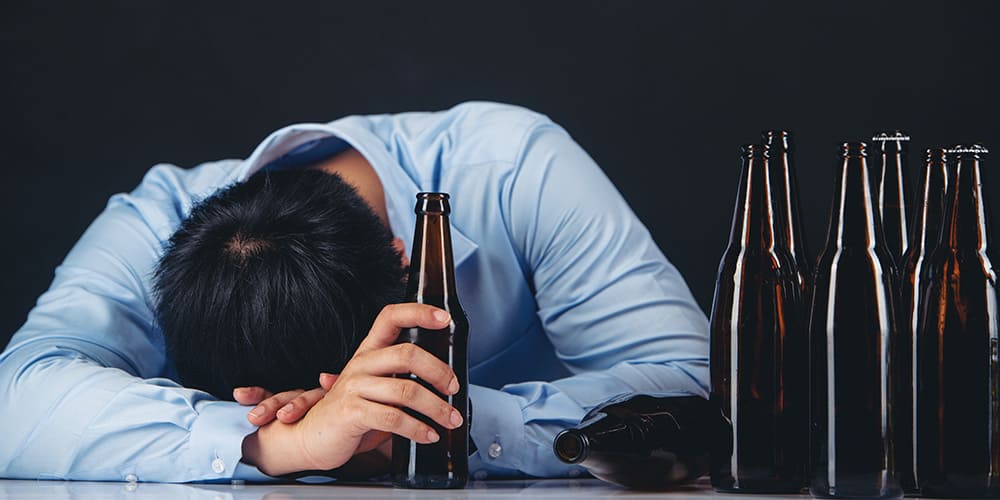
- Alcohol: Chronic alcohol use is associated with a wide range of health problems, including liver disease, heart disease, and an increased risk of several types of cancer. According to the World Health Organization (WHO), alcohol contributes to more than 200 health conditions.
- Cannabis: The long-term effects of cannabis are not as well-documented, largely due to its illegal status hampering research efforts. However, existing studies suggest that while there are risks associated with heavy cannabis use, such as potential impacts on mental health and respiratory issues, these risks are generally less severe than those associated with chronic alcohol use.
Elevate your experience with Tropicana Cookies Sauce Cart, boasting a lush 950 mg THC. Savor the Sativa-rich legacy of Girl Scout strains, with consistent, tropical bliss in every puff!
4. Impact on Mental Health

- Alcohol: Alcohol misuse is intricately linked to mental health issues like depression and anxiety, often worsening existing conditions and potentially triggering new ones. This self-medication cycle can lead to dependency, with alcohol’s physiological effects altering brain chemistry and mood. The resulting behavior may strain relationships and increase stress, further exacerbating mental health challenges. Recognizing and addressing the role of alcohol in mental well-being is essential for both individuals and healthcare providers.
- Cannabis: The relationship between cannabis and mental health is complex. Some studies suggest that it might have therapeutic benefits for conditions like PTSD and anxiety. However, heavy and frequent use, particularly of high-THC strains, has been linked to an increased risk of conditions like psychosis, particularly in individuals with a pre-existing genetic vulnerability.
5. Impact on Physical Health and Safety
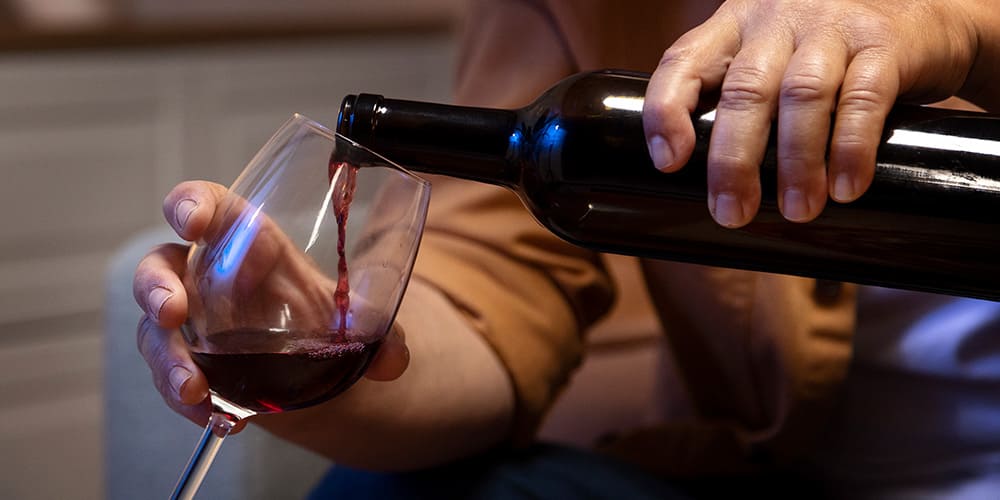
- Alcohol: Alcohol consumption is a major risk factor for accidents and injuries. It impairs motor skills and decision-making abilities, leading to a higher risk of accidents, including traffic collisions. Chronic alcohol use can also lead to a multitude of physical health problems.
- Cannabis: While cannabis can also impair judgment and motor coordination, its effects on physical health and safety are generally less severe than those of alcohol. Studies have shown that while cannabis use does increase the risk of accidents, this risk is lower compared to alcohol.
6. Social and Behavioral Risks
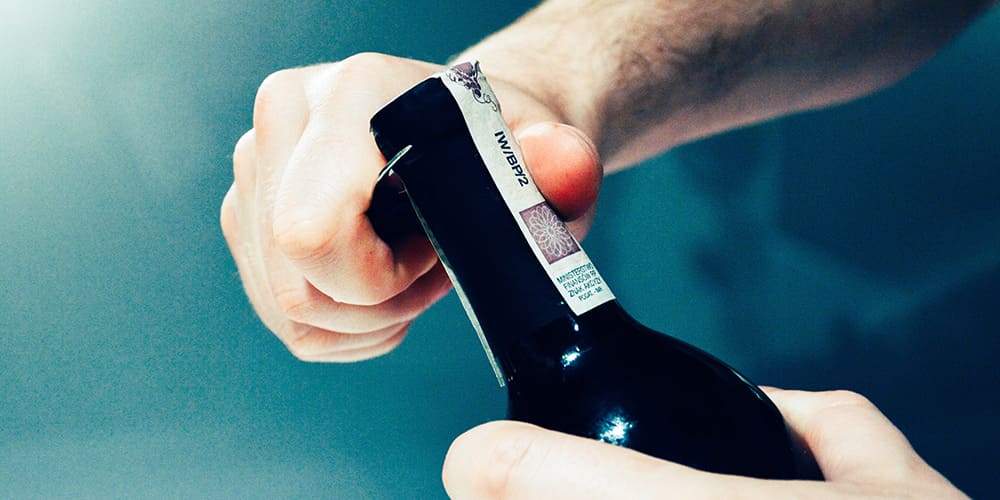
- Alcohol: Alcohol is often linked to aggressive behavior and violence. The World Health Organization reports that alcohol contributes to 30% of deaths from violence globally. It’s also associated with risky sexual behavior and increased crime rates.
- Cannabis: Cannabis, on the other hand, is generally not associated with violence or aggressive behavior. Studies have typically found that cannabis use is more likely to be associated with relaxed, subdued behavior. However, like alcohol, it can be linked to impaired judgment, which may lead to risky decisions.
7. Economic and Social Costs
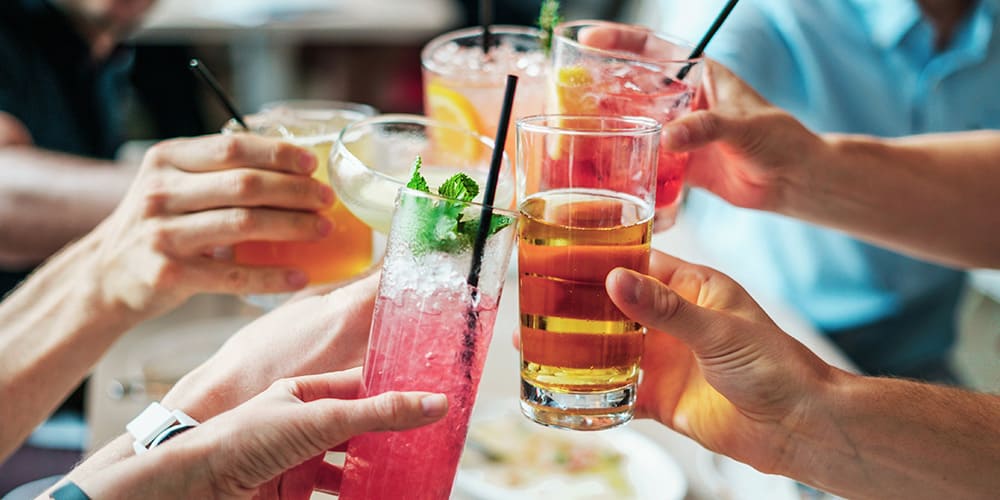
- Alcohol: The economic and social costs of alcohol are substantial. According to the CDC, excessive alcohol use in the U.S. cost the economy $249 billion in 2010. These costs come from lost productivity, health care expenses, law enforcement, and other criminal justice expenses.
- Cannabis: While the economic impact of cannabis is still being understood, early indicators suggest that its costs may be lower than those of alcohol. Legalization of cannabis also opens avenues for taxation and regulation, which can be used to mitigate some of the social and health-related costs associated with its use.
The comparison between cannabis and alcohol in terms of safety is a complex and nuanced discussion. While both substances present certain risks, current evidence often highlights that cannabis may pose fewer health risks in several key areas compared to alcohol. This understanding is crucial, especially as both the legal landscape and public attitudes towards cannabis evolve. Emphasizing responsible use and continuous education is essential in mitigating risks associated with either substance.
In this context, High Octane’s 5 original mini joints offer a conscientious choice for the seasoned cannabis enthusiast. Each mini joint contains 0.5 grams of our finest cannabis, skillfully portioned to provide intense, relaxing effects with a rich, earthy flavor, enhanced by notes of spicy herbs and lemon zest. Tailored for evening use, these prerolls are designed to deliver a state of tranquil bliss, making them an ideal option for unwinding after a demanding day.

